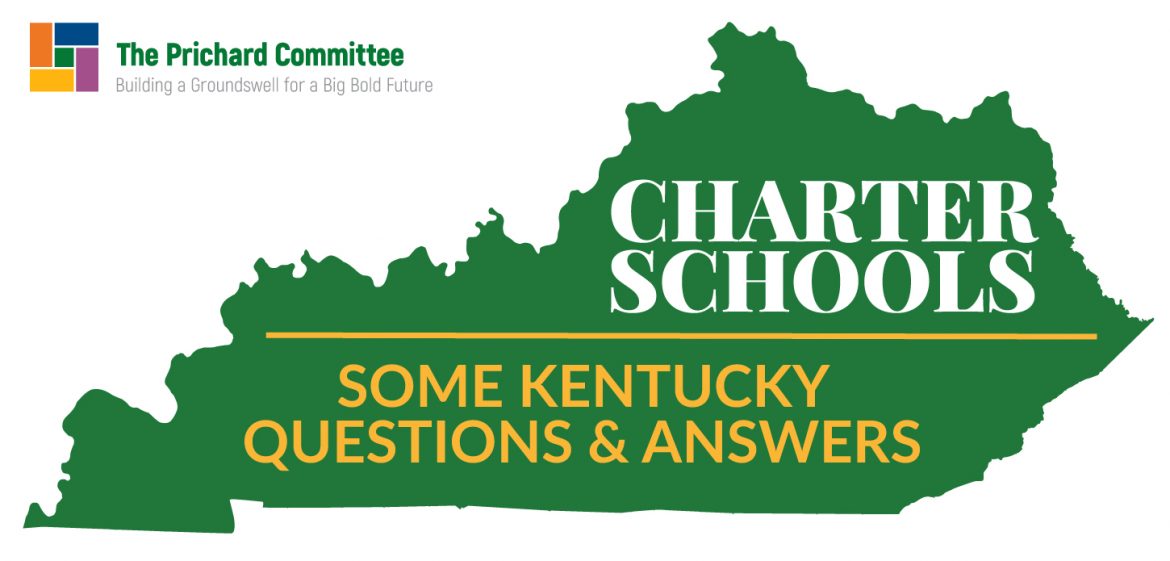Kentucky charter schools will have five-year contracts and be able to seek renewal for additional years.
Charter authorizer will be able to refuse to renew a charter school’s contract if the school:
- Fails to “meet or make significant progress toward” performance expectations
- Persistently fails to correct violations of its contract, the charter school law, or financial management standards
- Substantially violates material provisions of laws that apply to the charter school.
There will be a formal process for hearing evidence for and against renewal, and renewal decisions will be subject to appeal to the Kentucky Board of Education.
Before the five-year renewal decision, the charter authorizer will be able to revoke a charter school’s contract immediately if a violation threatens student health and safety.
That is a very narrow rule for revocation before the renewal date . It’s possible to imagine a charter school that provides health, safety, and instruction that is very brief or very weak or very far out of line with state standards or very different from what was promised in the application and the charter contract. Under Kentucky’s charter school law, there isn’t an explicit provision that allows the authorizer to close a school that is operating with that kind of problem.
There may be other ways to address severe problem. The authorizer (or any other concerned anyone) can call on the charter school to fix the weakness, and the charter school may respond seriously. If that does not work, the authorizer may be able to sue under the breached contract. Or parents may be able to go to court. Federal procedures may help, particularly if the problems affect the rights of students with disabilities. State accountability procedures may also kick in if the school’s scores are especially weak or its assessment implementation doesn’t follow state requirements.
Even so, charter schools will have some important insulation from their critics, because voters cannot vote out a charter’s board and because only that board can evaluate or fire charter school leaders.
That narrow provision for revocation means that best time to check that a charter school is going to be able to good work is at the beginning, in the application phase. Authorizers should be looking for charters led by people with relevant knowledge and skill, instructional designs that show deep understanding, and operation plans that allow robust implementation. Rejecting applications that don’t show those things will also be an important step in making sure each charter school has the capacity to contribute excellence and equity to Kentucky’s system of common schools.
Legal
Series Links:
Charter schools: taking on the questions (Introduction)
1. What is a charter school?
2. What student results are charter schools expected to deliver?
3. Which school laws do charter schools have to follow?
4. How can students be admitted to charter schools?
5. Who can authorize charter schools?
6. Who can apply to start a charter school?
7. How can charter schools be closed if they do not deliver?
8. What funding can charter schools receive?




Comments are closed.